The start of the US-Indian ‘strategic’ economic dialogue in recent months and US willingness to approach toward India in an attempt to make the country as one of its special allies to create a counterbalance against the rise of China as threatening rival to US regional hegemony, along with Chinese-Pakistani détente which has drawn Islamabad to more a Chinese magnet than an American center of influence all have contributed to new situations in the region.
Banafsheh Esmaili, of Mehr News International Service asked Bharat Karnad, a research professor at CPR and a national security expert and member of the first National Security Advisory Board of India’s National Security Council about this new and emerging situation:
On a recent visit to India, Barack Obama called US-India relations as one of the defining partnerships of the 21st century. How important is India to the US?
Washington does consider the “strategic partnership” with India to be very important in the most part because the US requires India to stand on its side in the emerging “balance of forces” in Asia against China. Without India’s economic heft, military capabilities, and strategic location, the United States will not have the critical mass of support to deal with China, especially as its own military focus is now divided with NATO’s security pull to Europe to deal with a more assertive Russia under Vladimir Putin.
In a statement on the Trans-Pacific Partnership Obama said that it fell to the US to set the rules for the 21st century global trade otherwise the US rivals (esp. china) would step in. What is the India’s approach in regard to this policy?
The TPP is America’s attempt to pre-empt China from becoming the predominant economic power in the world. But the promise Obama held out for India’s membership in this new economic bloc of nations so remains unrealized. In fact, influential Washingtonians emphasize that what Obama did was only “appreciate” India’s interest in joining this bloc! The fact is Washington is conflicted over permitting India entry into this group because it fears the bigness of the Indian market will soon begin to sway the thinking of the other members.
Can we expect yet stronger strategic alliance between China and Pakistan in the wake of strained US-Pakistan relationship? Does India make efforts to create a stronger relationship with the US?
China has always been the backstop, as also the United States, in Pakistan’s security strategy vis-a-vis India. Pakistan’s ties to China have been strengthened by the visit of President Xi Jinping and his offer of some $46 billion to build the so-called “China-Pakistan corridor” to enmesh Pakistan in China’s widening economy and simultaneously to access the warm water port of Gwadar as a means of establishing its strategic military presence in the Gulf. But Islamabad has also reinforced its relations with the US with the recent visits to Washington successively by Pakistan army chief, General Raheel Sharif, the head of ISI, and Prime Minister Nawaz Sharif, who returned with a deal for more F-16 combat aircraft. It is necessary, I have argued in my book, that Delhi must dilute Pakistan’s enmity with India by offering economic incentives to wean it away from China and to capitalize on the common socio-cultural, religious, and kinship links between India and Pakistan. Normalization of India-Pakistan relations to stabilize the situation in South Asia, I maintain, will be principally aided by India unilaterally restructuring its military, especially armored and mechanized forces, so as to pose less of a threat to Pakistan. This will also separate India’s strategy of opposing China by partnering the US from India’s Pakistan policy.
Dr. Bharat Karnad is a research professor and a national security expert. He was a member of the first National Security Advisory Board of India’s National Security Council, where he participated in the Nuclear Doctrine Drafting Group and the external security and the technology security groups of the Strategic Review.


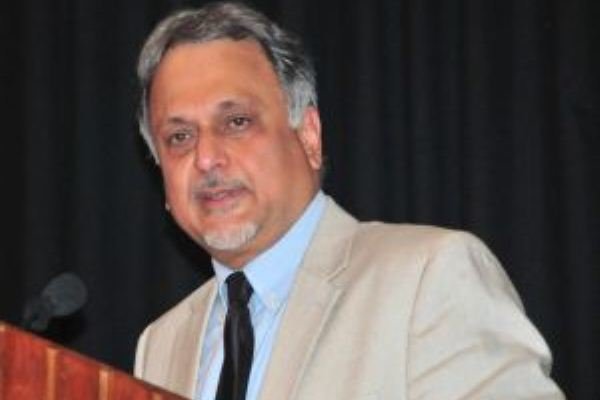

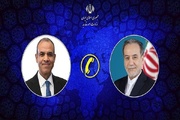
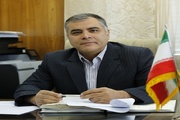
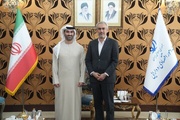
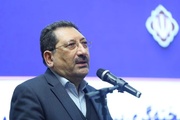
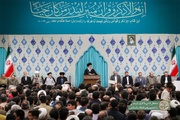
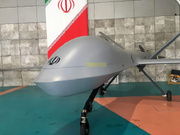
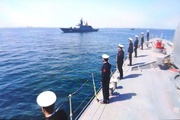
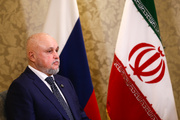










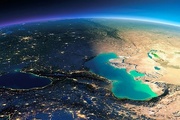



Your Comment